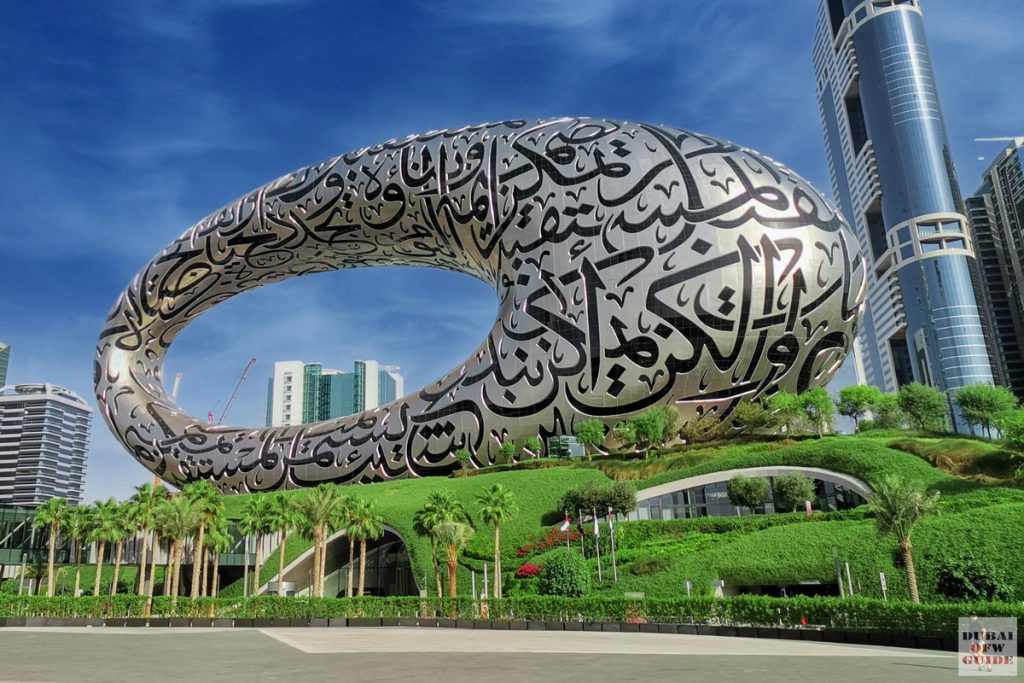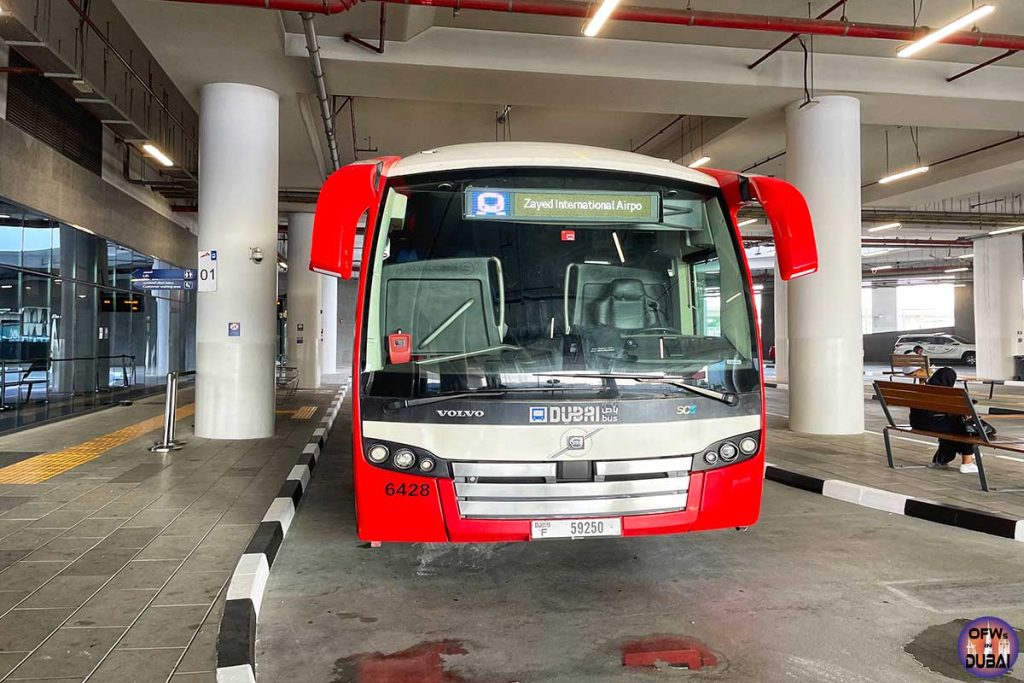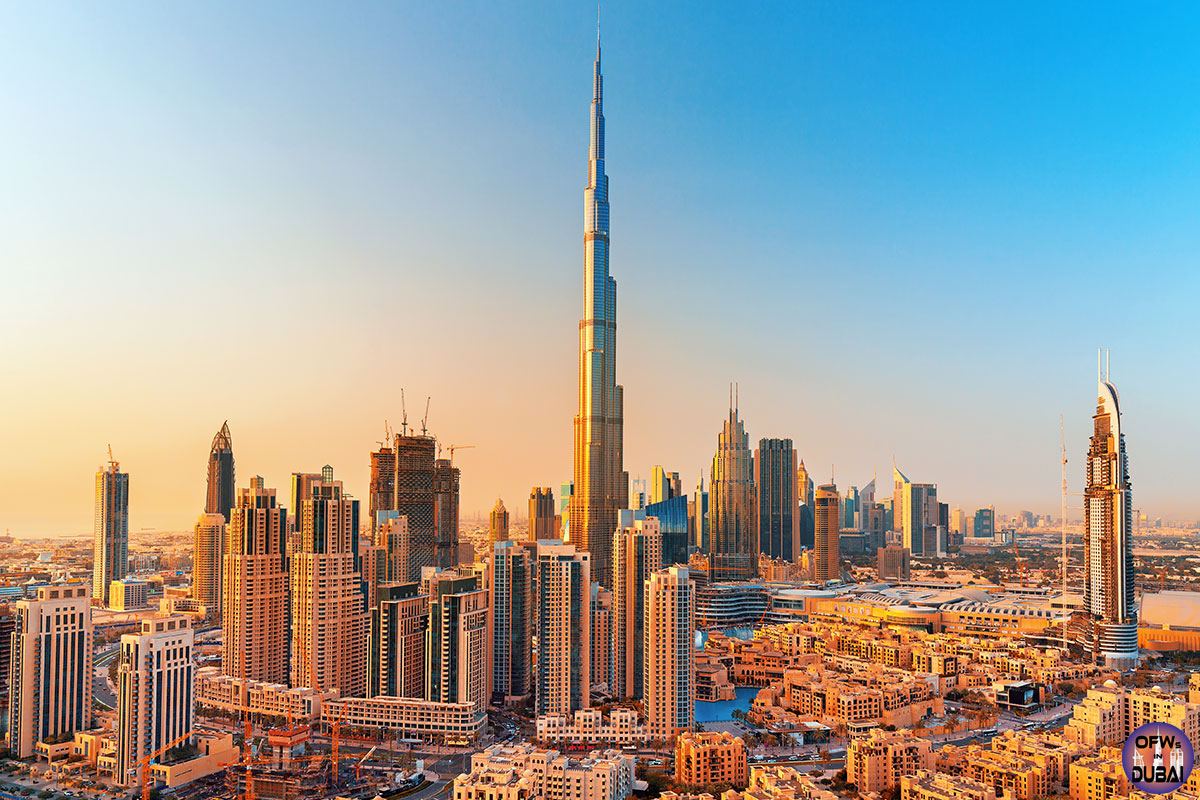
Dubai is often hailed as one of the most expensive cities in the world, known for its luxurious lifestyle and towering skyscrapers. For Filipinos considering a move to this bustling city, it’s natural to wonder if they can afford to live comfortably. In this article, we’ll break down the cost of living in Dubai and how it affects Filipinos who call the city home, helping you determine if Dubai is really as expensive as it seems.
Cost of Living for Filipinos in Dubai
Housing
One of the most significant expenses in Dubai is housing. The cost of renting an apartment can vary greatly depending on the location, size, and amenities. In prime areas like Downtown Dubai, Dubai Marina, and Jumeirah, rents are considerably higher compared to more affordable neighborhoods like Deira, Bur Dubai, and Al Nahda.
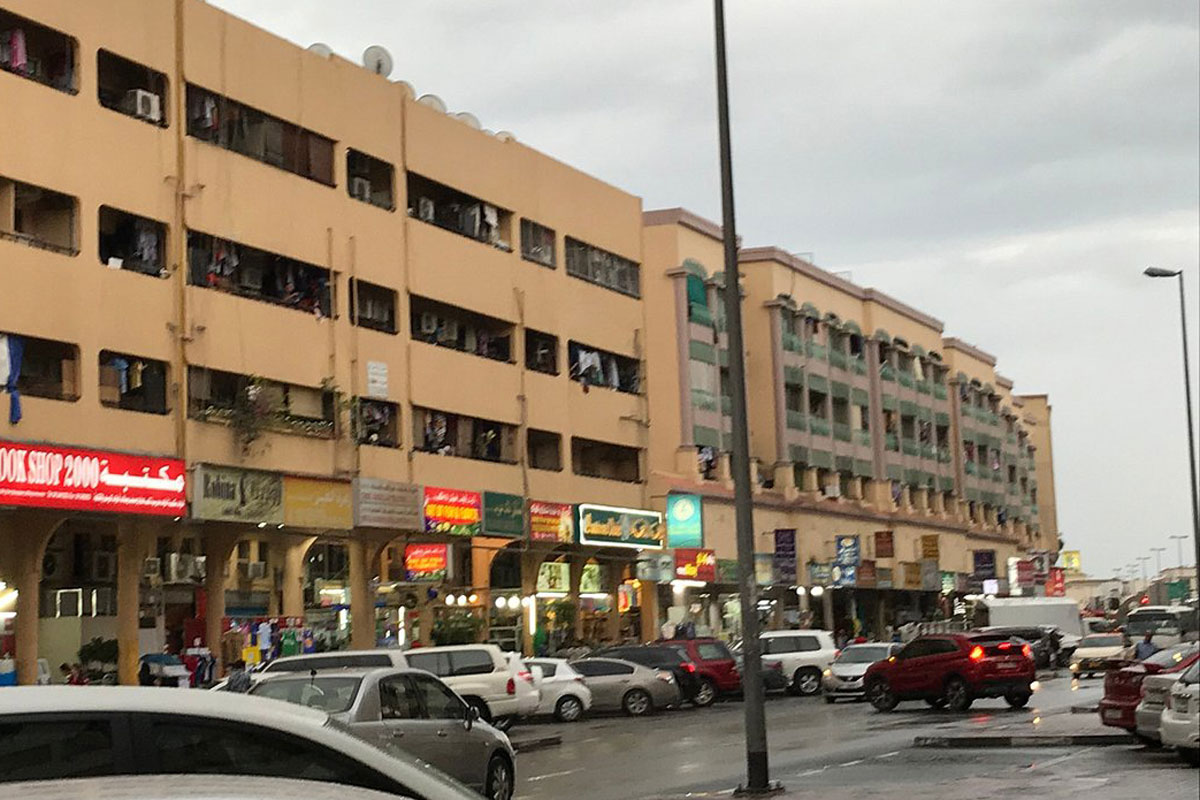
- Studio Apartment in Satwa, Bur Dubai Deira, Al Nahda: AED 30,000 – 50,000 per year
- One Bedroom Apartment in Satwa, Bur Dubai Deira, Al Nahda: AED 40,000 – 60,000 per year
- Two Bedroom Apartment in Satwa, Bur Dubai Deira, Al Nahda: AED 60,000 – 100,000 per year
Many Filipinos opt to share accommodations to reduce costs. Sharing a flat or apartment with other expatriates is a common practice that helps manage rental expenses.
- Bedspace: Range AED 600- 800 depending on the location and if you will occupy the lower or upper bunk bed.
- Partition Rooms: Range AED 1500- 2500
- Rooms: Range AED 3000- 4000
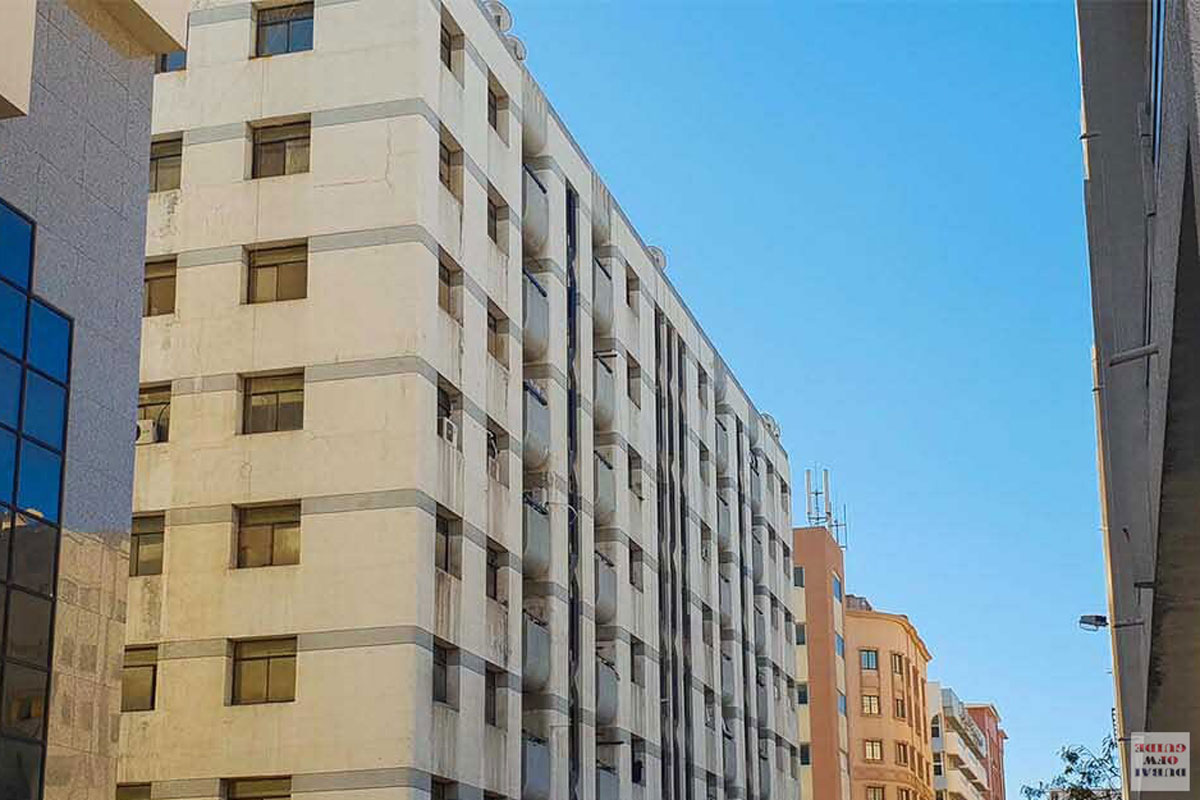
Related: Guide to the Best Areas to Live in Dubai for OFWs
Transportation
Dubai boasts an efficient public transportation system, including the metro, buses, and trams. The cost of public transport is relatively affordable, making it a practical choice for daily commuting.
- Monthly Public Transport Pass: AED 300
- Metro and RTA Bus Fare: From AED 3.00 – 7.50
- Taxi Fare Minimum(per km): AED 5.00 – AED 12.00 Depending on the time of the day. Usually higher when you book thru apps or during peak hours.
Many Filipinos prefer using public transport due to its affordability and convenience. Additionally, carpooling with colleagues and friends is another cost-effective option.
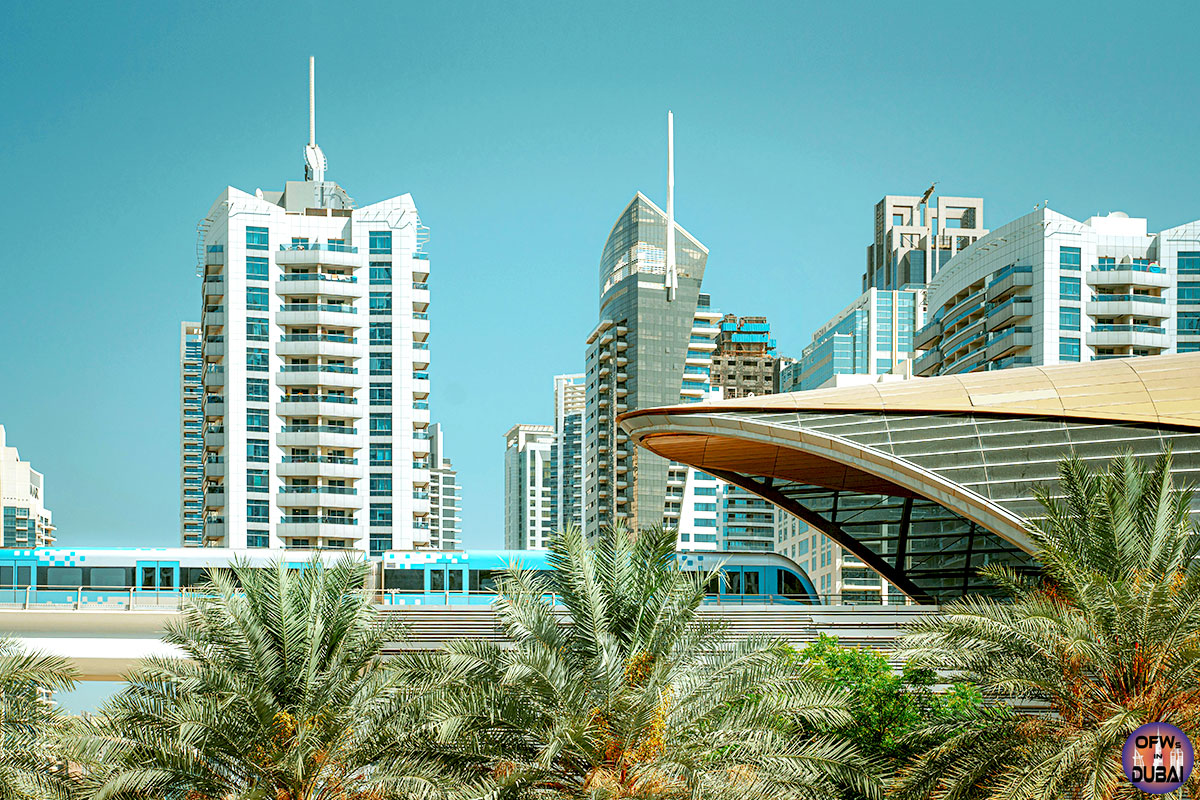
Related: Top Things to Consider Before Applying for a Job in the UAE
Food and Groceries
Food expenses in Dubai can vary based on lifestyle choices. While dining out in high-end restaurants can be expensive, there are plenty of affordable dining options, especially in areas with a high concentration of expatriates.
- Meal at an Inexpensive Restaurant: AED 30 – 60
- Buffet at budget-friendly restaurants: from AED 30 – 70
- Groceries for a Month: AED 600 – 1,200 per person
Filipinos can find Filipino grocery stores and markets that offer familiar products at reasonable prices, making it easier to manage food expenses.

Related: Everything Filipino in Dubai: A Guide for OFWs
Utilities and Internet
Utilities such as electricity, water, and internet are additional monthly expenses to consider. These costs are generally manageable, but they can add up, especially during the summer months when air conditioning usage is high.
- Basic Utilities (Electricity, Heating, Cooling, Water, Garbage): AED 200 – 1,000 per month
- Internet (60 Mbps or More, Unlimited Data): AED 200 – 400 per month
If in a sharing accomodation:
- DEWA (Electricity and Water): Range from AED 80 – 200 per person
- Internet: Range from AED 40 – 100 per person
Healthcare
Dubai provides high-quality healthcare services, but medical expenses can be significant without insurance. Good thing, Employers are required by law to provide medical insurance to its employees to ensure health cover.
- Doctor’s Visit (without insurance): AED 200 – 500
- Health Insurance: Provided by employers
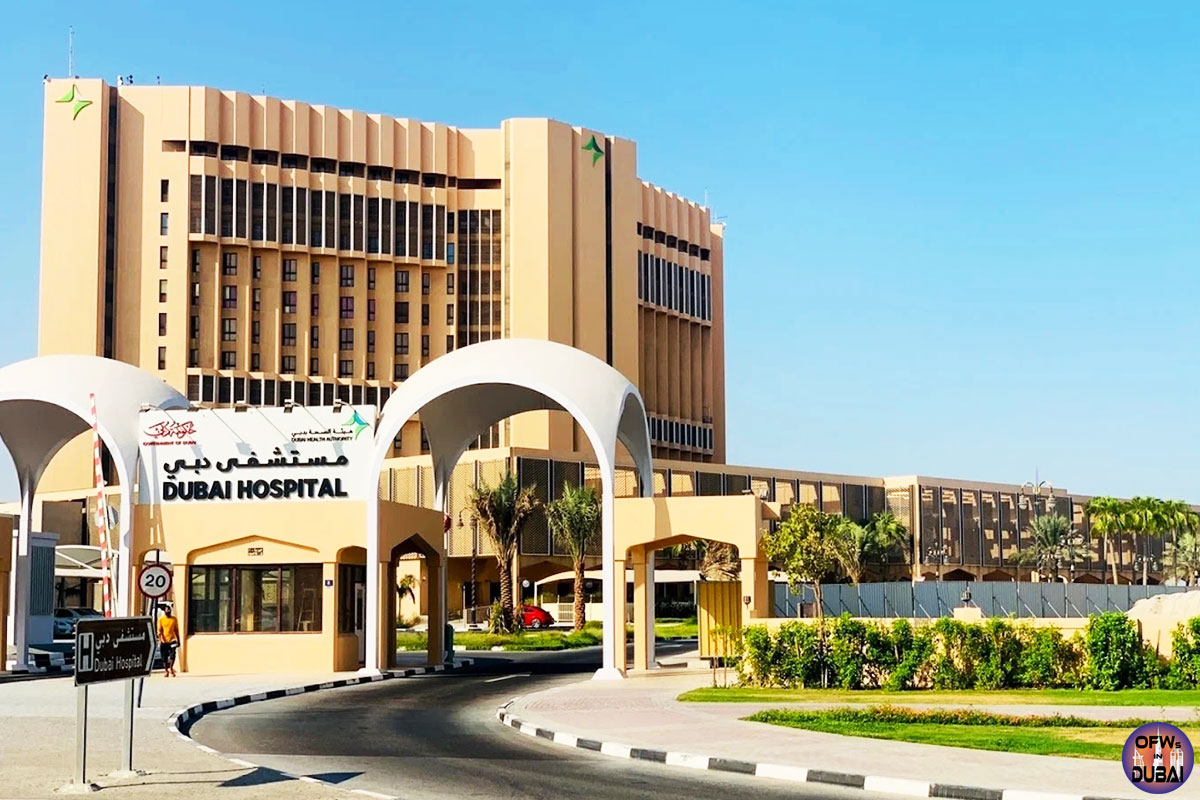
Salary and Income
The cost of living in Dubai is balanced by the potential for higher salaries compared to the Philippines. Many Filipinos move to Dubai to take advantage of these higher earnings, which can provide a better standard of living and allow for substantial savings or remittances to family back home.
Average Salaries for Filipinos
- Domestic Helpers: AED 1,500 – 2,500 per month
- Skilled Workers (e.g., Nurses, Engineers): AED 4,000 – 10,000+ per month
- Professional Roles (e.g., Managers, IT Specialists): AED 10,000 – 20,000+ per month
Also Read: OFW Salary in Dubai: What to Expect and How to Increase Your Earnings
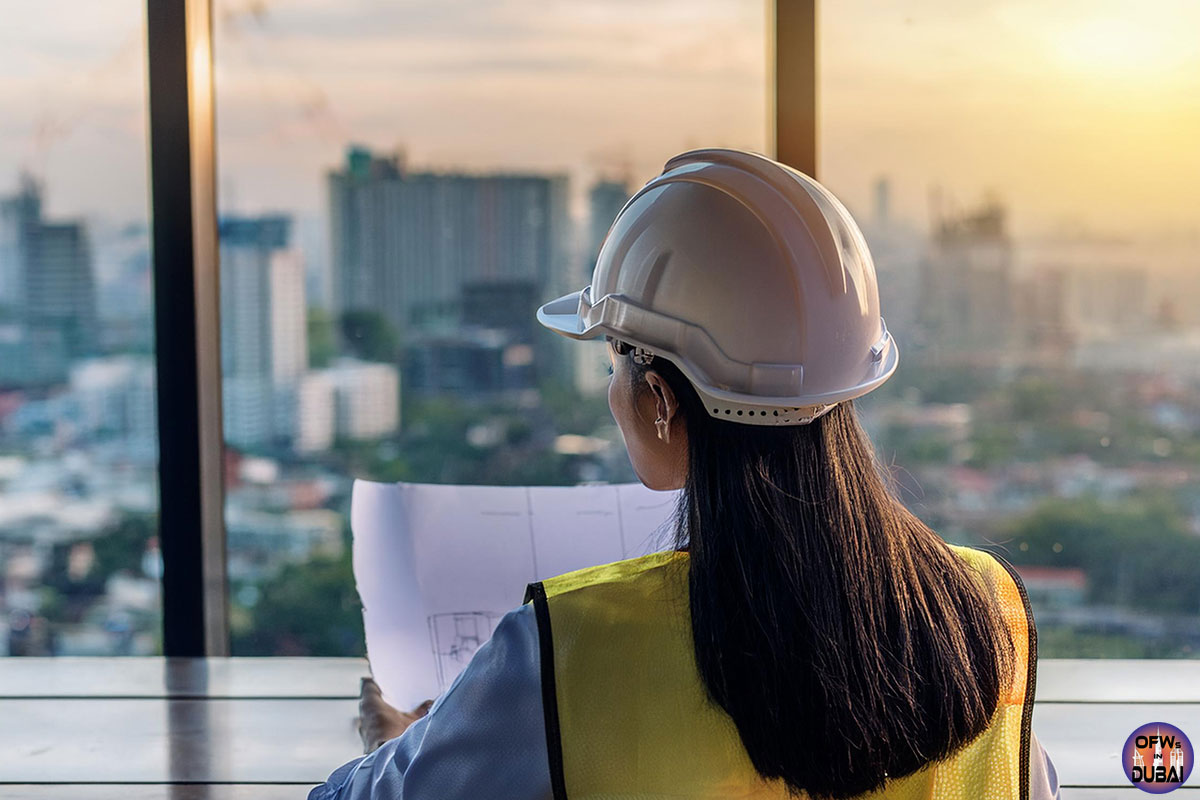
Related: Why Are There a Lot of Filipinos in Dubai?
Managing Expenses
Budgeting
Effective budgeting is crucial for managing expenses in Dubai. Many Filipinos track their spending carefully to ensure they can save money and send remittances home. Prioritizing essential expenses and finding ways to cut costs, such as cooking at home or using public transportation, can make a significant difference.

Related: How to Save in Dubai as a Filipino Overseas Worker
Community Support
The strong Filipino community in Dubai offers a support network that can help new arrivals adjust and find affordable options for housing, food, and social activities. Community groups and social events provide a sense of belonging and practical assistance in navigating life in Dubai.
Conclusion
Dubai can be an expensive city, but with careful planning and budgeting, Filipinos can manage their expenses and enjoy a high quality of life. The higher salaries, no income tax, and numerous opportunities for career advancement make Dubai an attractive destination for many Filipinos. However, it’s important to note that expenses will ultimately depend on your lifestyle. By leveraging the support of the Filipino community and making smart financial choices, living in Dubai can be both feasible and rewarding.




